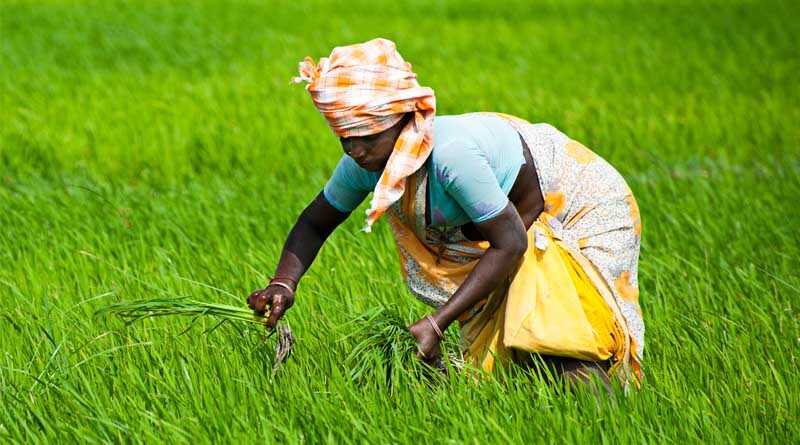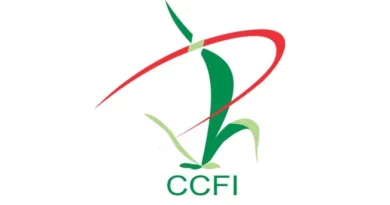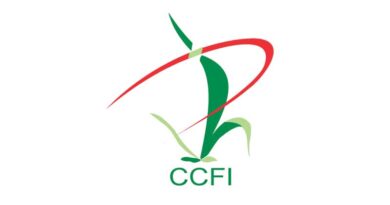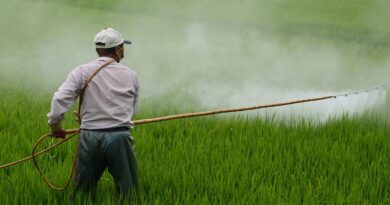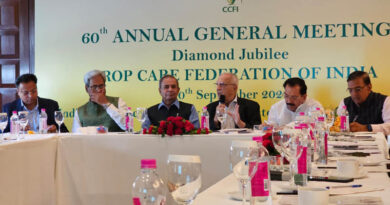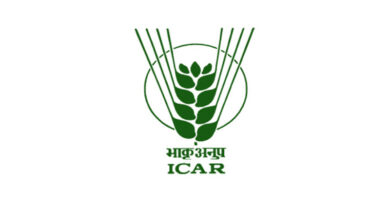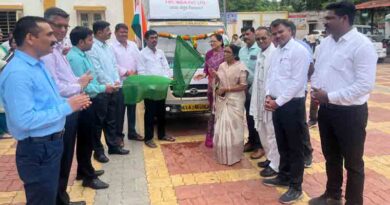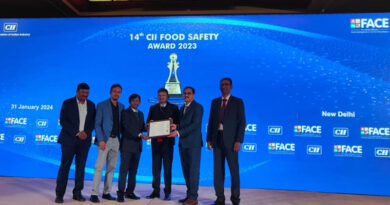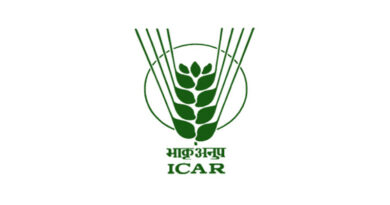97.7% of the pesticide samples tested in India meet stringent quality specifications: CCFI
17 March 2023, New Delhi: The agrochemical manufacturers association Crop Care Federation of India (CCFI) through RTI (Right to Information) has been able to collect and analyze data on agrichemical quality from 23 agriculturally important & high-consumption states. Over the last 4 years, a total of 2,51,728samples were drawn for quality testing out of which only 5,890 samples did not meet specifications / were found substandard.
“Agrochemical is a key agricultural input to minimize crop losses both in the farmers’ field and during storage. This is an ongoing effort to report to the media, government, bureaucrats, scientific fraternity, trade, farming community, and households to assure them on quality of Indian pesticides available all across the country”, said Mr. Harish Mehta, Senior Advisor, CCFI while releasing the findings.
“It has been the endeavor of the Crop Care Federation of India (CCFI) to collate authentic data on various issues faced by the agrochemical fraternity”, mentioned Mr. Mehta.
RTI Figures on testing of agrochemical samples from 2017-2021
| Period of Samples Drawn | Pesticide Samples Drawn for Quality Testing | Pesticide sample not meeting specification / Substandard | Total percentage of samples found not meeting specification / substandard |
| 2017-2018 | 61409 | 1345 | 2.19% |
| 2018-2019 | 59729 | 1353 | 2.26% |
| 2019-2020 | 64123 | 1619 | 2.52% |
| 2020-2021 | 66467 | 1573 | 2.36% |
| Total | 251728 | 5890 | 2.33% |
As per the Insecticides Act 1968, for monitoring the quality of pesticides, 191 Insecticide Inspectors have been notified by the Central Government besides 10,303 Inspectors at the State level. Samples are collected by these Insecticides Inspectors and tested in 70 State Pesticide Testing Laboratories and 2 Regional Pesticide Testing Laboratories.
The agricultural Inspectors draw samples of large, medium & small companies of leading as well small brands. It is also been observed that in several cases, on retesting, the percentage of samples meeting specifications improved further.
Earlier, in response to unstarred question no. 309 answered on 15th September 2020 by the Minister of Agriculture and Farmers Welfare Mr. Narendra Singh Tomar in Lok Sabha stated that during the last 5 years, 3,38,182 samples were analyzed, and 3,971 prosecutions have been launched against firms and dealers whose samples were found sub-standard. This figure works out to be 1.174% as samples found sub-standard.
In another unstarred question no. 4534 answered on 23rd March 2021 Mr. Narendra Singh Tomar in Lok Sabha stated that in the State Government of Punjab, Himachal Pradesh, Uttrakhand, Rajasthan, Uttar Pradesh, Jharkhand, Bihar, Chhattisgarh, Odisha, Madhya Pradesh, Maharashtra, Andhra Pradesh, Tamil Nadu, Goa, Assam, Manipur, Meghalaya, Union Territories of Jammu & Kashmir, Chandigarh, no cases of sale of spurious pesticides have been reported in these states during the years 2014 to 2020. The word ‘spurious’ does not figure in the Insecticides Act 1968. The only term used is “misbranded” in Sec 3(A).
Comprehensive Registration of Pesticides (CROP)
Under the Ministry of Agriculture & Farmers Welfare, the Directorate of Plant Protection, Quarantine & Storage has developed an advanced IT solution Technical Platform ‘Comprehensive Registration of Pesticides’ (CROP) to improve service delivery with real-time, user-friendly IT solutions without any manual intervention.
The purpose is to integrate with all the stakeholders in the system for efficiency and develop a dashboard at various levels of hierarchies, to generate MIS reports based on the day-to-day requirement of the Ministry, Department, CIB&RC, and other stakeholders of the system. This would ensure that only legitimate registered companies/ registered users operate in the country.
Mr. Mehta told Krishak Jagat, “Though the dashboard shows 9,113 Registered Users as on 16th March 2023, the figures would drop drastically after the registrants/ applicants complete their KYC on CROP portal by 31st January 2023, failing which the user accounts of those non-KYC-companies/users shall be frozen”.
This is a continuous process of delisting illegal operators and ensuring the quality parameters of legitimate manufacturers. As per the information received from 21 State Governments and 2 UTs, there are 2,403 pesticide manufacturing units in the country. (Source: Lok Sabha unstarred question no. 309 answered on 15th September 2020).
“We should take pride in the quality of pesticides manufactured indigenously which are exported to over 130 countries meeting stringent quality specifications. These figures reinforce the factual position, demolishing false propaganda and misinformation spread by foreign-funded NGOs with vested interests and importing lobby to malign the indigenous manufacturers who are committed to “Atmanirbhar Bharat” and “Make in India”, reiterated Mr. Mehta.
Also Read: Tendovo soybean herbicide from Syngenta earns rave reviews during first season of use
(For Latest Agriculture News & Updates, follow Krishak Jagat on Google News)

